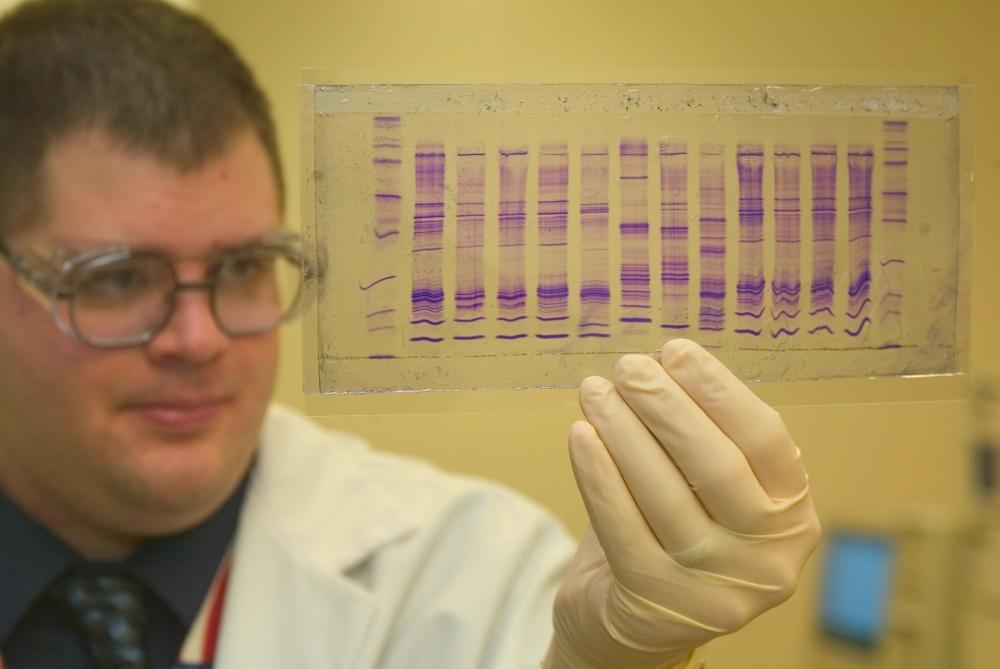
Section Branding
Header Content
Understanding GINA
Primary Content

Genetic testing is on the rise. With a simple blood test people can now trace their genealogy or test for disease. But can the results be used against you?
Congress passed the Genetic Information Nondiscrimination Act (GINA) in 2008 to try to ensure they can’t.
GINA provides several important protections:
It prevents health insurers and employers from discriminating against you on the basis of DNA information. Health insurers can’t force you to get tested, and they can’t use genetic information to determine eligibility or premiums. Employers can’t use genetic information in making hiring or firing decisions.
But there are important loopholes in GINA protections. They don’t apply to life insurance, long term care insurance, or disability insurance. And some groups are not covered: military, the VA, and the Indian Health Service. GINA also does not apply to federal civilian employees in the Federal Employee Health Benefits Program, or to those with Tricare.
Despite GINA, a recent NPR expose revealed privacy breaches in genetic research. Participant identities did not stay anonymous, so DNA results could be traced back to the donor.
GINA is a federal law. Some states have added more comprehensive laws.
With the mapping of the human genome, it is expected that genetic testing will assume an even bigger role in preventing, diagnosing, and managing treatment of diseases.
Although GINA does provide many protections, it still has many shortcomings and loopholes that need tightening.





